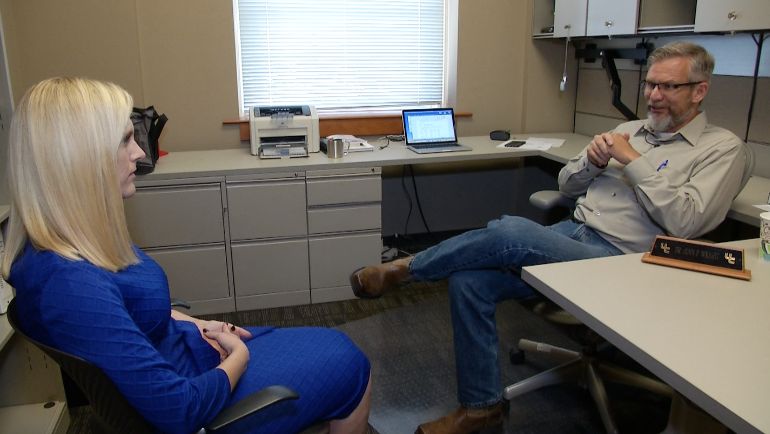LOUISVILLE, Ky. - Some problems persist, even after the punishment behind bars ends.
One Louisville woman and criminal justice reform advocate are fighting for more freedoms for those who have past felony convictions. Former inmate, Alaina Combs, recently had Governor Matt Bevin restore her right to vote. She cast a ballot for the first time ever, and it an emotional experience.
Combs was a mix of emotions as she left her home on Election Day to head to her precinct, “I was pretty nervous.”
Unfortunately, it would not prove to be the happy experience she’d hoped it would.
“I felt very uncomfortable,” said Combs.
Although she was listed on the book to vote at the precinct, in a moment of confusion, a staffer approached her and asked to see further proof that she had the right to be there and had been cleared to vote.
Combs produced the certificate from the governor and carried on to cast her ballot. However, the damage to her pride had been done.
“When I got in there, I still was kind of made to feel not welcome and that I was doing something wrong,” she explained.
“It’s very emotional. It just really takes me back to the systematic oppression that I’ve experienced for so long. It just really brings back up a lot of those emotions and the feelings of not ever being good enough, not ever being a part of- you know, a part of society,” Combs adds.
There are some 312,000 people who still have not had their rights to vote restored, after being charged with felonies. While Combs hopes they can someday vote, she also wants the stigma she felt at the precinct to subside.
WHAT'S NEXT
University of Cincinnati Criminal Justice Professor John Wright has studied trends in prisons and jails in Kentucky and has testified before lawmakers on what to do about overcrowding.
“They are dealing with substantial overcrowding which brings with it health concerns, safety concerns for both the inmates and staff, as well as cost concerns. Some of which could be alleviated if the state expanded capacity at the prison level,” Wright says.

There’s a multitude of other reforms that have been suggested, such as lessening the consequences for certain drug charges, like a possession.
Others hope for more peer-based support reentry programs, to help figure out social security, and navigate things like getting a driver’s license and health insurance, and mental health help.


